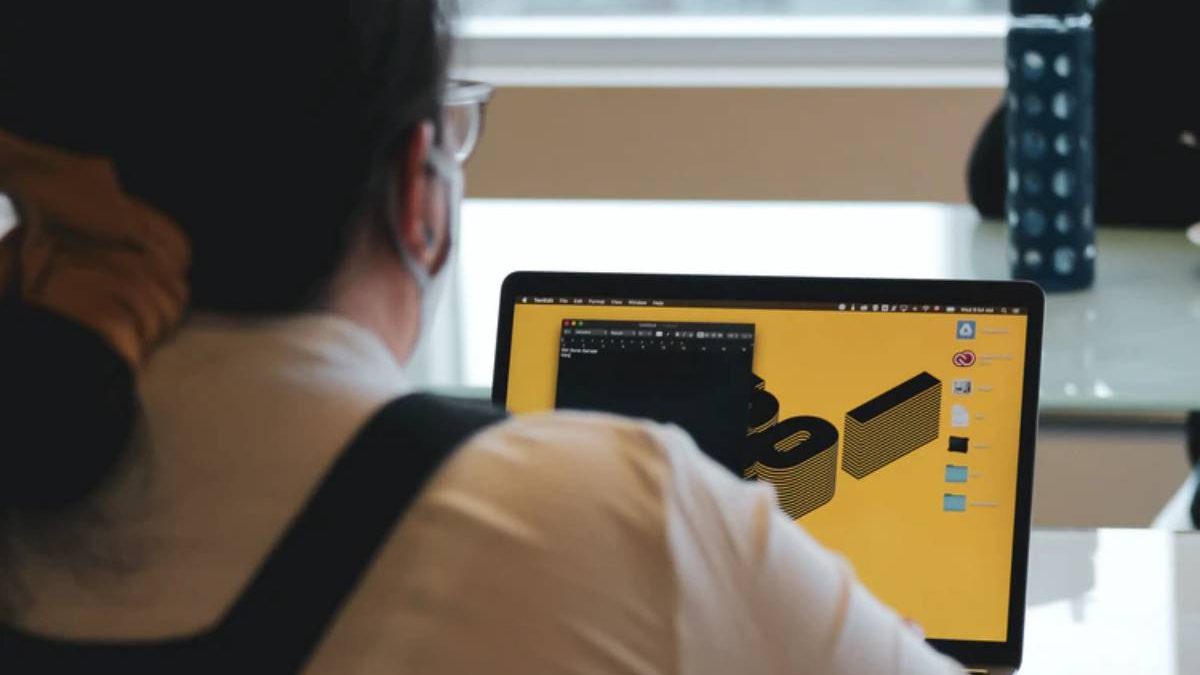In Digital Rights, the current legislation on data protection on the Internet was last revised in December 2018. It was then that the new organic law on data protection and guarantee of digital rights (LOPDGDD) came into force, which happened to the famous LOPD. This new law has adopted the Spanish legal framework of this competence to the European regulations in force since May of the same year, the General Data Protection Regulation of the European Union (RGPD). This regulation provides in its article 79 a declaration of extension of constitutional rights and freedoms to the Internet.
The current law in our country has a clear objective: to protect privacy. Intimacy, and integrity of the person in accordance with article 18.4 of the Spanish Constitution. But he’s not the only one. It also regulates the obligations of the natural person in any process that requires the transfer of personal data, this information in any means that allows the identification of a person.
Individual Rights
The LOPDGDD establishes a series of fundamental digital rights:
- Neutrality and universal access to the Internet.
- Cybersecurity in communications through the network.
- Digital education, promoting the inclusion of digital skills and internet safety in the educational system.
- Protection of minors.
- Rectification, a right that must be made possible for those who distribute content that violates the law or privacy in social networks or equivalent.
- Information in digital media.
- Protection of data of minors on the Internet.
- Forget search engines, so search engines remove inappropriate or inaccurate results.
- Forgetting in social networks, the right to delete personal data provided for publication on these platforms.
- Right to portability in social networks.
- Digital Will, which can request access to content from a deceased person close to you; and policies to promote public institutions.
Labor Rights
In addition to this individual of rights, there are also several digital rights that affect the workplace:
- Use of devices in the workplace. The company must establish criteria for using that respect privacy and allow access to content to control compliance with employment obligations.
- Digital disconnection. It refers to the right to digitally disconnect outside of legal working hours to guarantee free time.
- Video surveillance in the workplace. Among other aspects, it prohibits the installation of video surveillance systems in places intended for rest.
- Geolocation systems, forcing companies to inform workers about the use and its characteristics.
- Collective bargaining, being able to establish additional guarantees of digital labor rights in collective agreements.
All The Time Changing
The reform of the law, as we have already said. Is still very recent, but in the two years that the law has been in force, the digital context has continued to evolve. This has made the Spanish government sensitive to the constant changes in this framework that require a corresponding legal response. It did so recently in the field of teleworking by passing a specific law. In addition, in the second half of 2020, it promoted the development of a Digital Bill of Rights through the State Secretariat for Digitalization and Artificial Intelligence of the Ministry of Economy and Digital Transformation.
Submitted to public tender until last December, it was prepared by a group of experts at the request of the State Department headed by Carme Artigas. This project was developed with the aim of enriching what is reflected by the LOPDGDD and enhances through its more than twenty sections the recognition of equality in digital environments, non-discrimination, and exclusion, among others.

